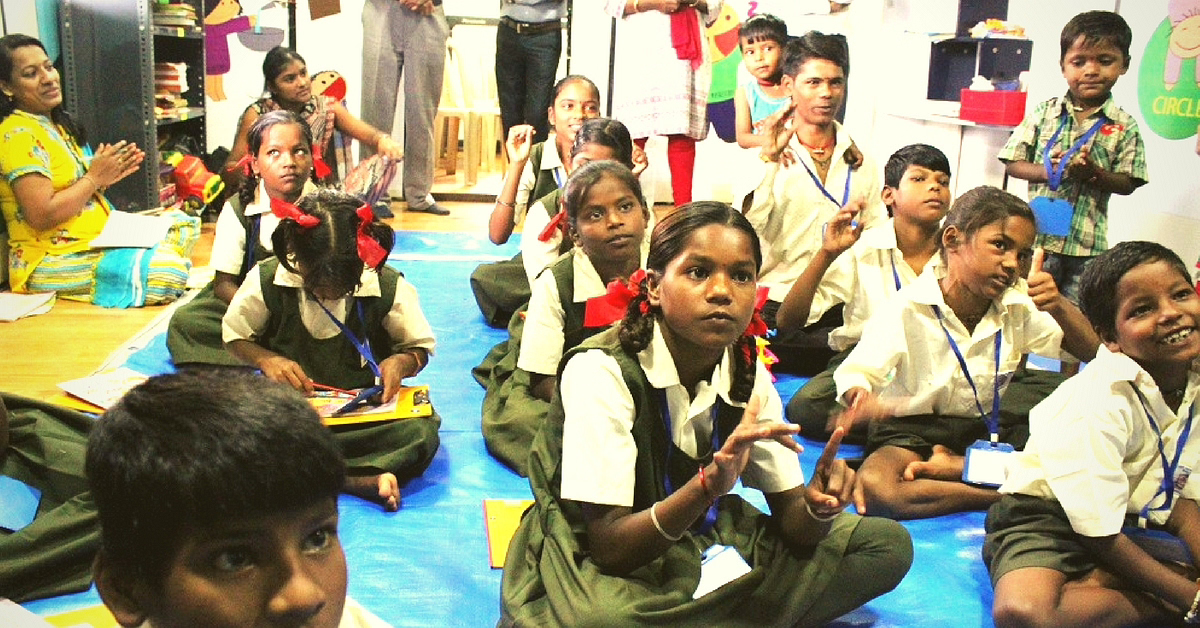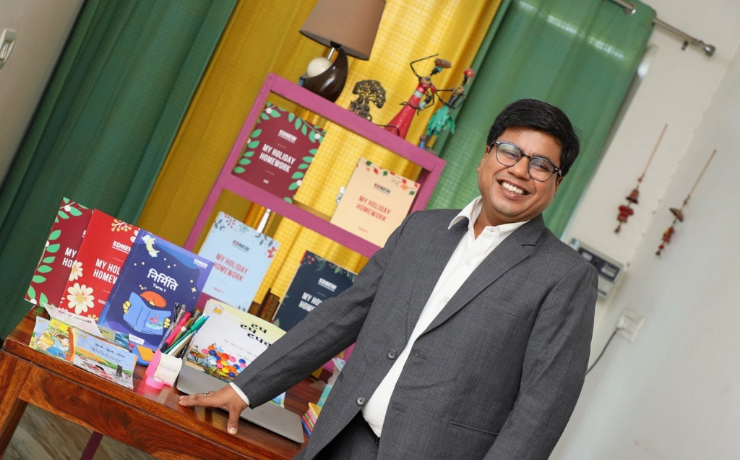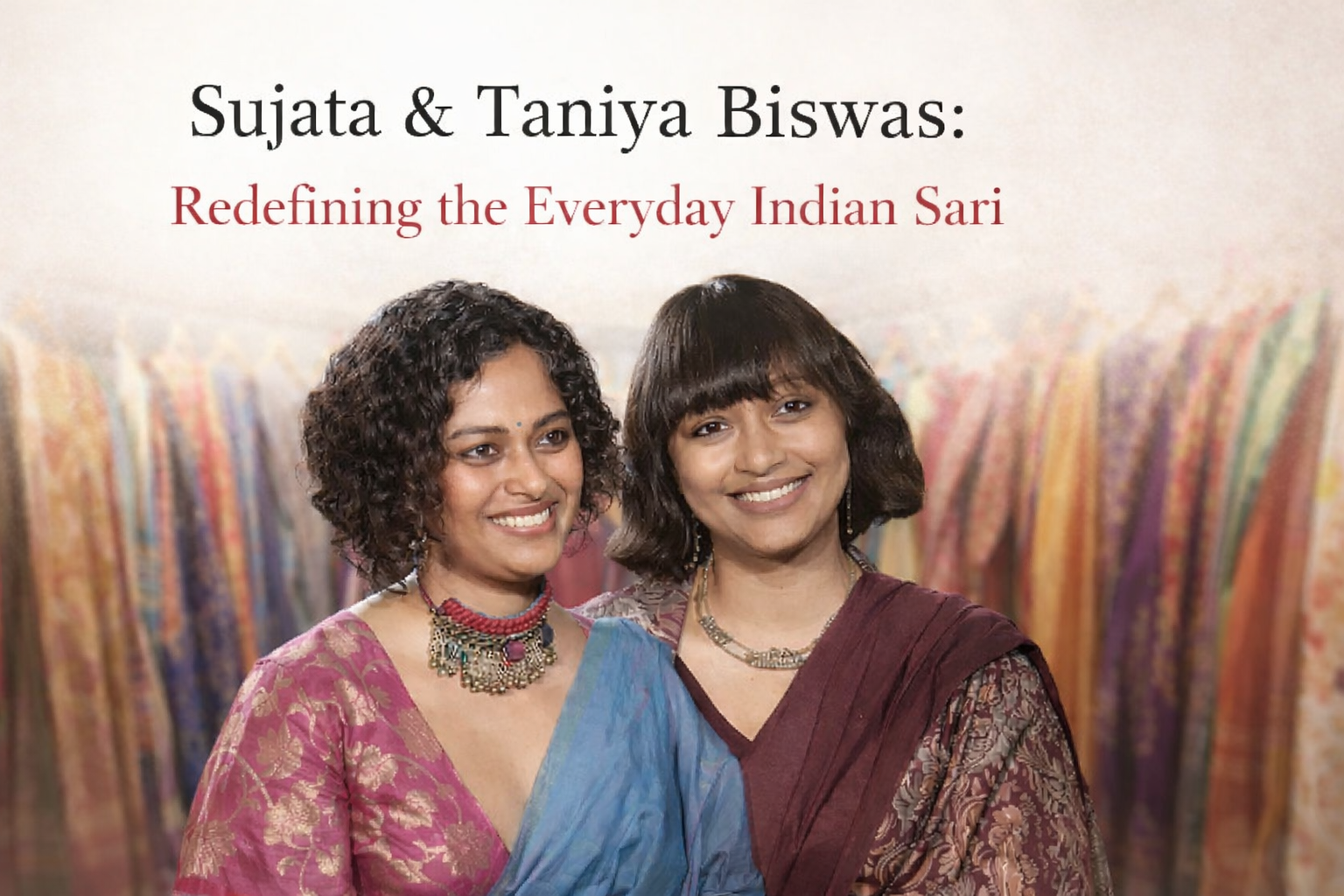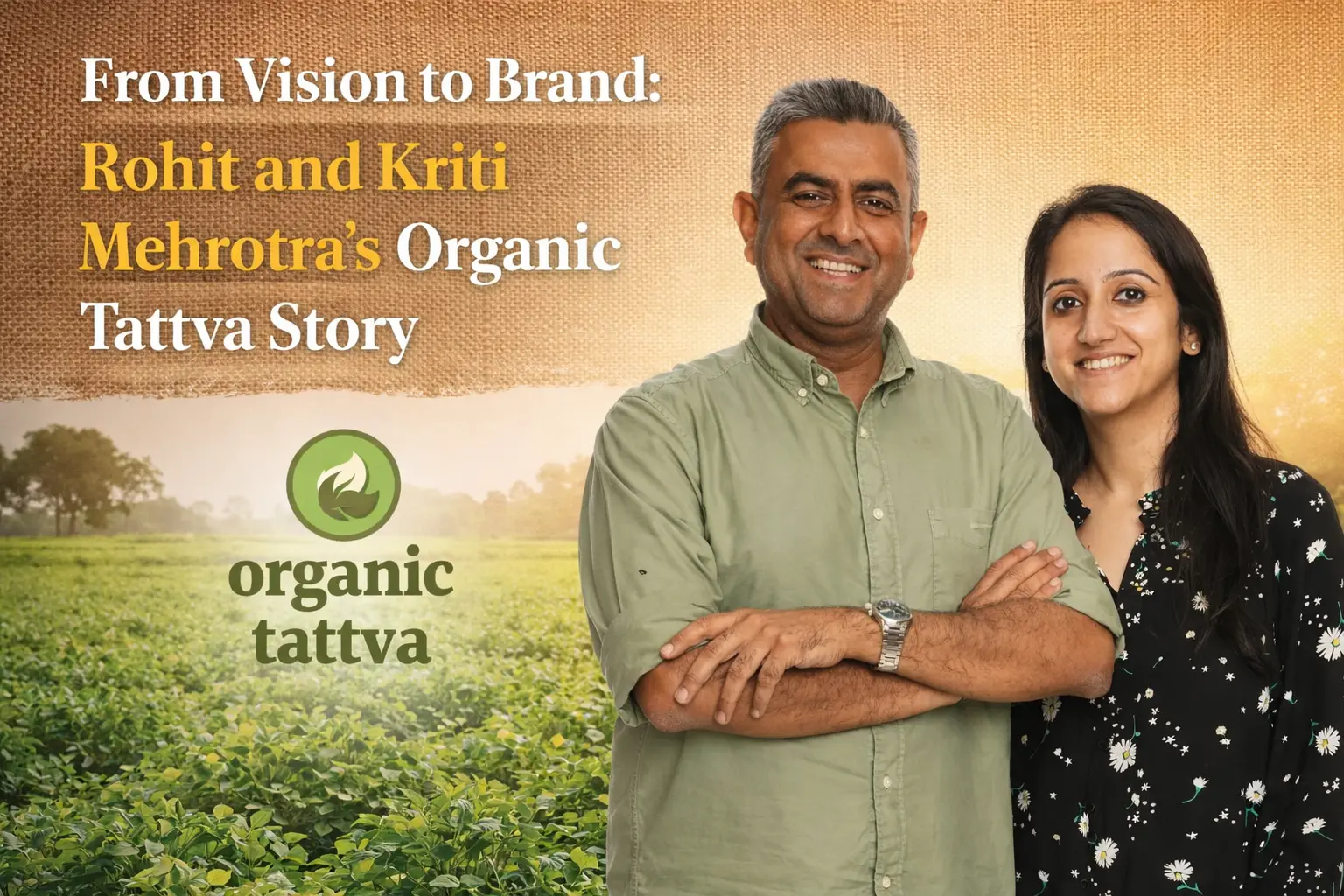Traffic signals hold many unknown secrets, especially to people zipping by in their cars or two-wheelers. Can you recall the number of times you were irritated at little kids knocking on your car window, pleading to buy their goods? And can you recall how many times you would have thought about lending some money to help them?
Some people like Batu Sawant, the CEO of SBV’s Signal Shala do! Bhatu, as he is popularly known, is the man behind the successful operations of the ‘container’ school for the underprivileged. This was started by a Pune-based NGO, Samarth Bharat Vyaspeeth (SBV). While the sale of wares does continue in some cases, Signal Shala has made history by taking under their fold many children and educating them for a better and empowering future.
Mr Bhatu shares the challenges of setting up Signal Shala, a school established in a ‘container,’ to Canta Dadlaney.
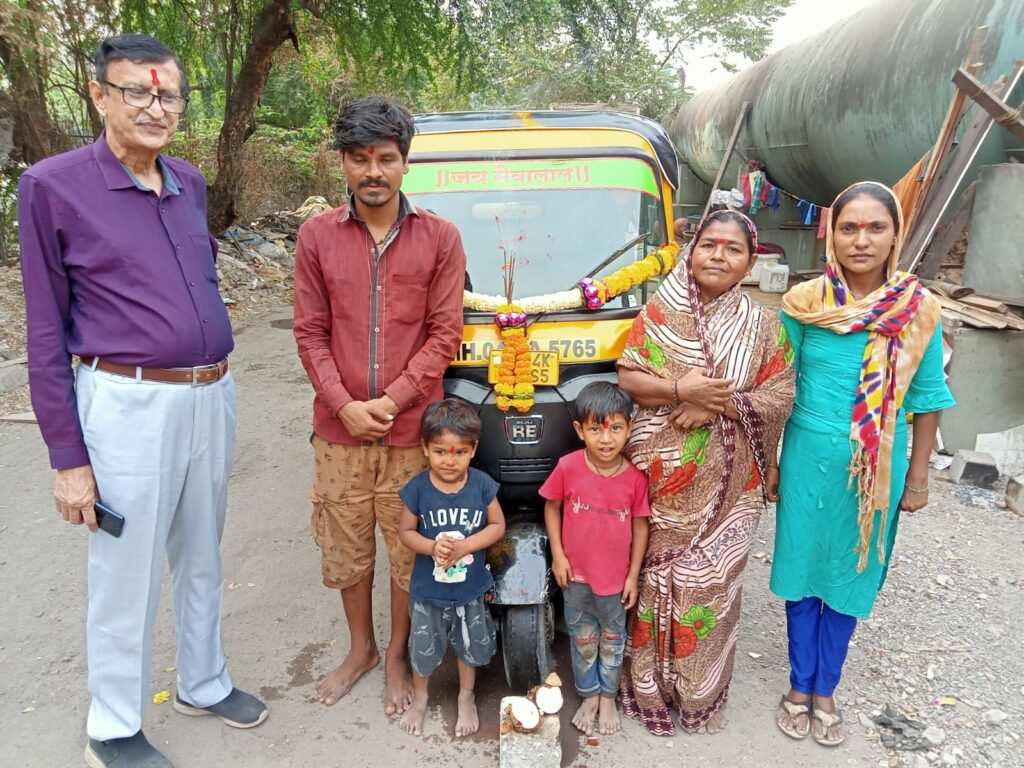
Q. What inspired you to take up this cause?
“We had observed many kids selling a variety of goods at the Teen Hath Naka, for a long time. These rural migrants come to Mumbai with the hope of a better life. The state of these kids caught our attention. We used to see them sweating it out during Mumbai’s harsh summer months and getting drenched during the crazy monsoons. What caught our attention was their undying spirit and determination to continue making sales. This made us wonder as to how long they would do it. We wanted to ensure that the next generation does not continue in vain.”
Mr. Bhatu Sawant decided to take the big leap and manage the functioning of Signal Shala. From being addressed as ‘Seth’ (in Hindi, this refers to a person who gives you something in the form of money or goods) for four years, Bhatu, as he is referred to now, is recognized as their guardian angel.
Q. How did you manage these tribals who only speak the Pardhi language?
It was extremely difficult and challenging. At the start, we could not decipher a word just like them. Our dedicated teachers took up the challenge of learning Pardhi and slowly but surely, we embarked upon this journey.
What caught our attention was their undying spirit and determination to continue making sales. This made us wonder as to how long they would do it. We wanted to ensure that the next generation does not continue in vain.
Q. Did you choose to select this spot called Teen Hath Naka?
“There are about 22 roads which converge on this spot. This means more traffic and more earnings when the signal turns red. They caught our attention and had been living here since 2016! Their clothes were shabby, with knotted hair, and appeared as if they had not bathed for days, and they were trying to sell things! Who would buy from them? Our research brought to light, that ten tribal families had been living under this bridge for twenty long years! Something told us that this was a calling for us and the rest is history.”
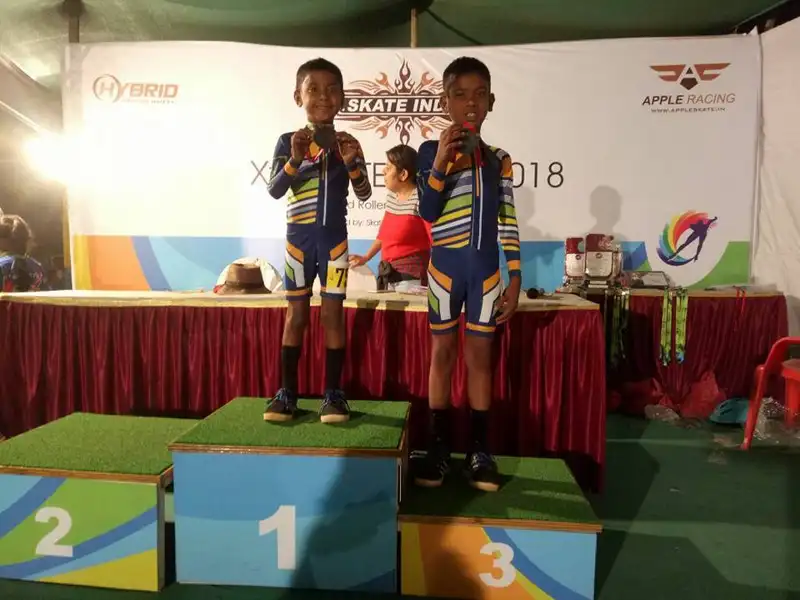
Q. How did you manage to convince their parents?
That was the biggest challenge. But our teachers took up the issue with the parents. It took a while, but they succeeded. At first only 10 out of the 42 kids started coming to the container school but that reached to 42 eventually. We used to bathe them, provide breakfast, teach them to offer gratitude through prayer and then start their studies. Look at them today, they look hygienic, healthy and arrive at their school with beaming faces.
Q. How much of success do you attribute to your teachers?
They have contributed phenomenally. From the day we took it upon ourselves, we nurtured big dreams for these kids, but communication was the biggest obstacle. It’s unbelievable that our teachers learned Pardhi! Their dedicated efforts enabled these children to qualify up to the state level. Nothing could have brought us more joy!
We made them realise the importance of parents, family, friends, education, and teachers. I can proudly say, they have evolved.
Q. What about the curriculum?
“Everything taught to these kids is as per the educational standards of the State. We have managed to create a well-equipped science lab to help them explore the subject in detail. The lab is stacked with the latest equipment. We even teach Robotics. We have left no stone unturned in ensuring that they are taught with an updated curriculum in all subjects.”
Before any doubts regarding accreditation can cross your mind, Bhatu is quick to read it and explains, “Signal Shala has received accreditation from the Thane Municipal Corporation (TMC).”
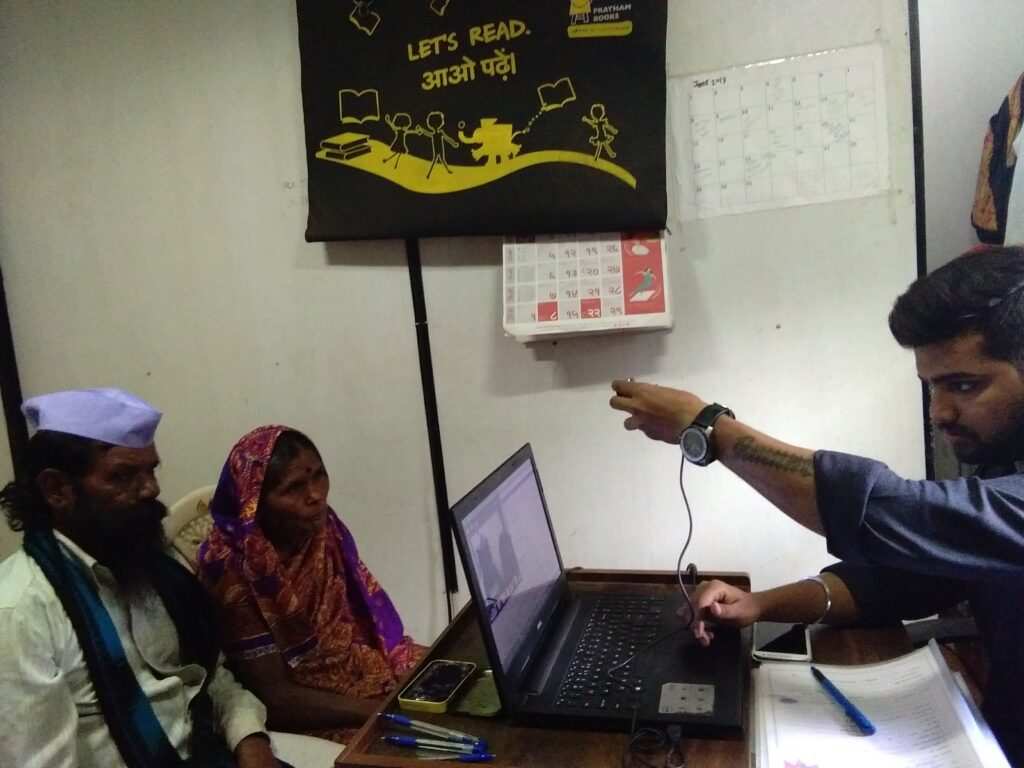
Q. From one container to eight containers, Signal Shala has come a long way. How have you achieved that?
“I won’t lie, it was an uphill task for us, for the first one and a half years. During the second year of our operations, two of our students completed the Board exams with 80% and 76%, that was a turning point for us. We were more than determined to take this forward. Today, our students are excelling in various departments. One has completed a Diploma in Engineering, and one of our boys has joined the Police force.”
Bathu gets highly emotional and continues, “There have been times when I have literally begged for funds. It was my job, but many folks turned their backs on us, not convinced that we would be able to take this forward.”
We want these kids to become part of the mainstream academics of life, live dignified lives. I wouldn’t want anyone to undergo their type of lifestyles. It’s unimaginable!
Q. What about other aspects, like soft skills, family values, social skills and more?
Bhatu smiles, “That was a parallel education we started along with academic training. I remember, we started with Diwali. We observed the special day dedicated to mothers. We taught the boys how to give gifts to their mothers. Some of them bought saris and washed the feet of their mothers. Do you know what followed? Their mothers wept profusely. They told us it was the first time someone had honoured them. We made them realise the importance of parents, family, friends, education, and teachers. I can proudly say, they have evolved.”
Ask Bhatu about establishing more containers and he quickly exclaims, “No, not at all, the day we established Signal Shala in this container, was the day we had visualized shutting them completely in the future. We want these kids to become part of the mainstream academics of life, live dignified lives. I wouldn’t want anyone to undergo their type of lifestyles. It’s unimaginable!
From watching educational videos to sports and robotics, these kids have been taught how to value what normal beings take for granted – a bath, clothing, nourishing meals and above all dignity of life.
Bhatu’s wife has been supportive of his efforts from the very start and contributes towards teaching in the school. It has been a learning cycle for their little son as well.
From the BBC to Al Jazeera, many have featured Signal Shala, but one wonders if that was only a news coverage. Surely Bhatu and his team deserve much more. Who would take such extreme pains to groom rural migrants, learn their language, and teach them the importance of leading a dignified life?
Bhatu wears an expression of sheer contentment and is unaffected by such facts. Perhaps once the concept of Signal Shala closes, he would be already working on something else.
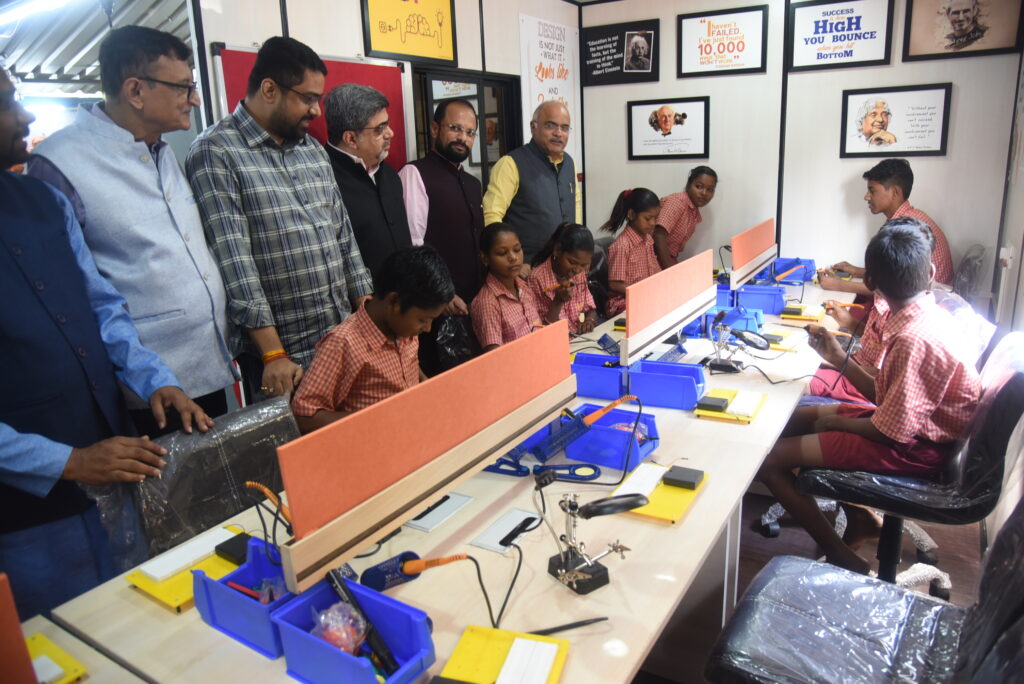
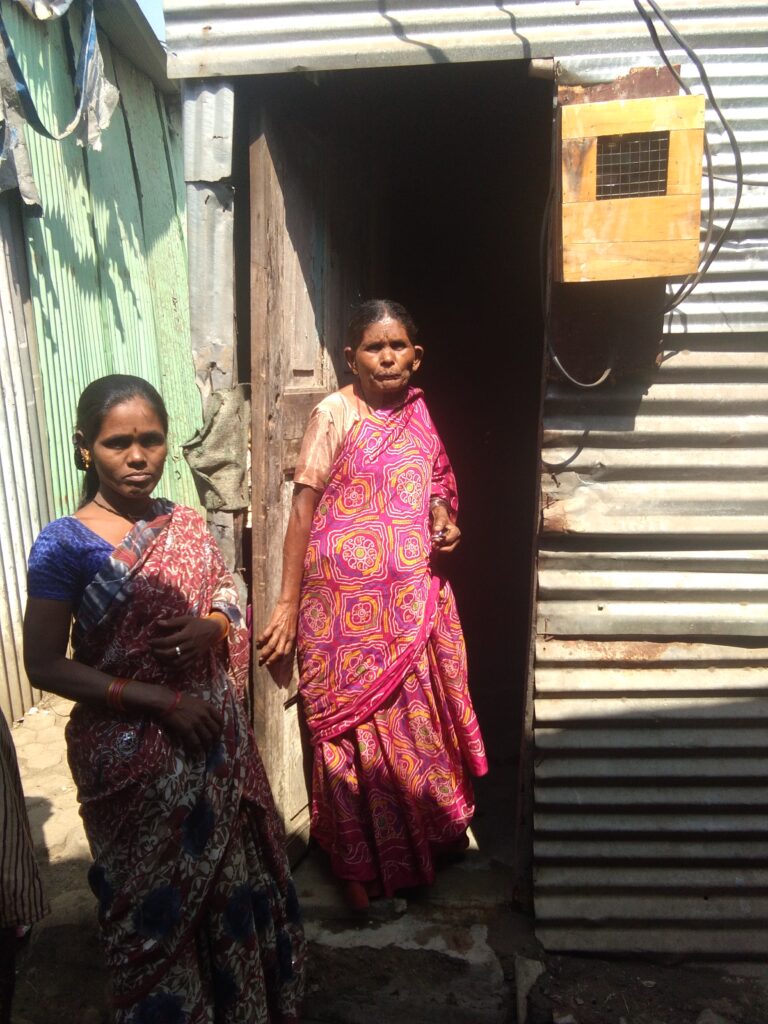


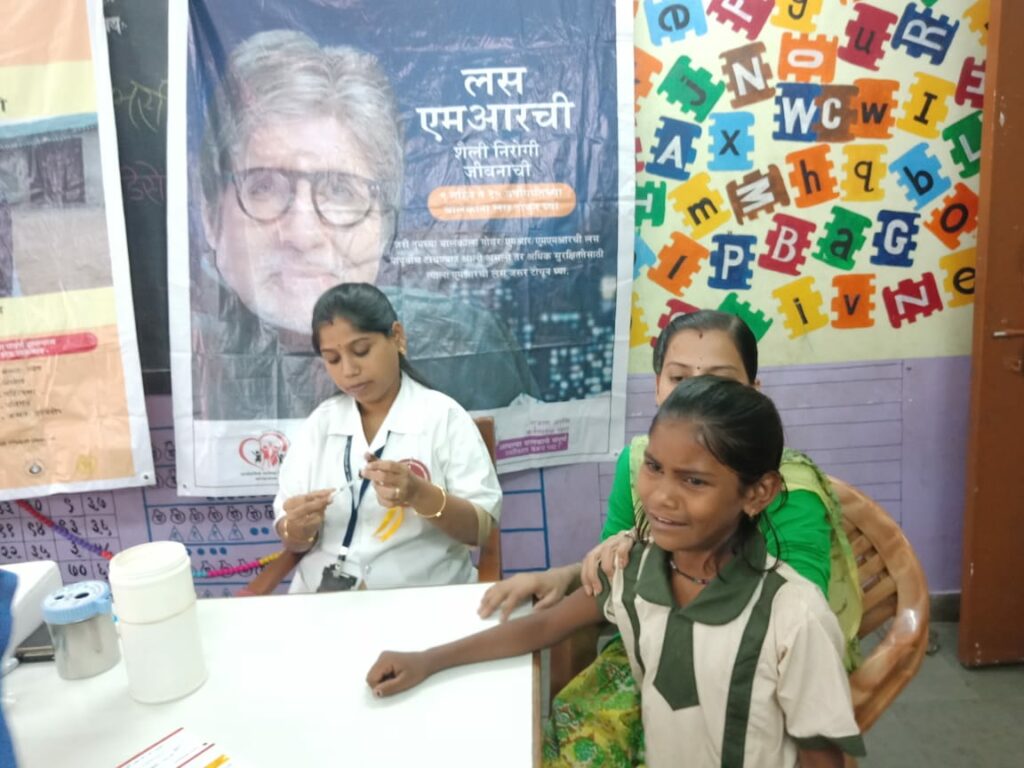
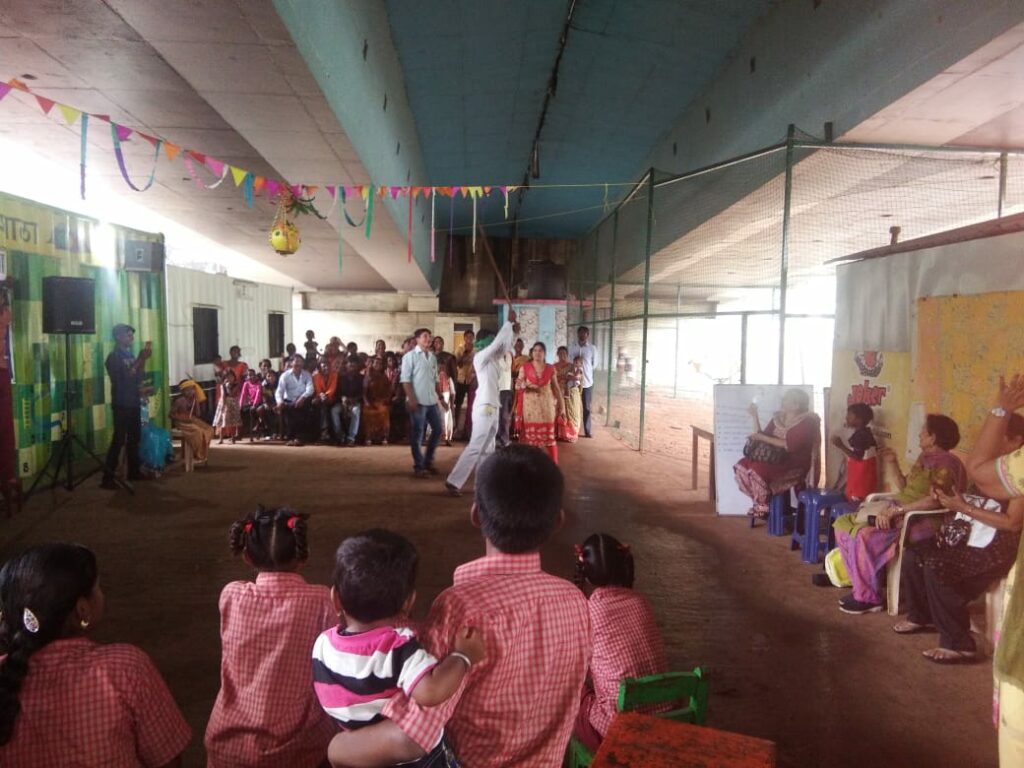
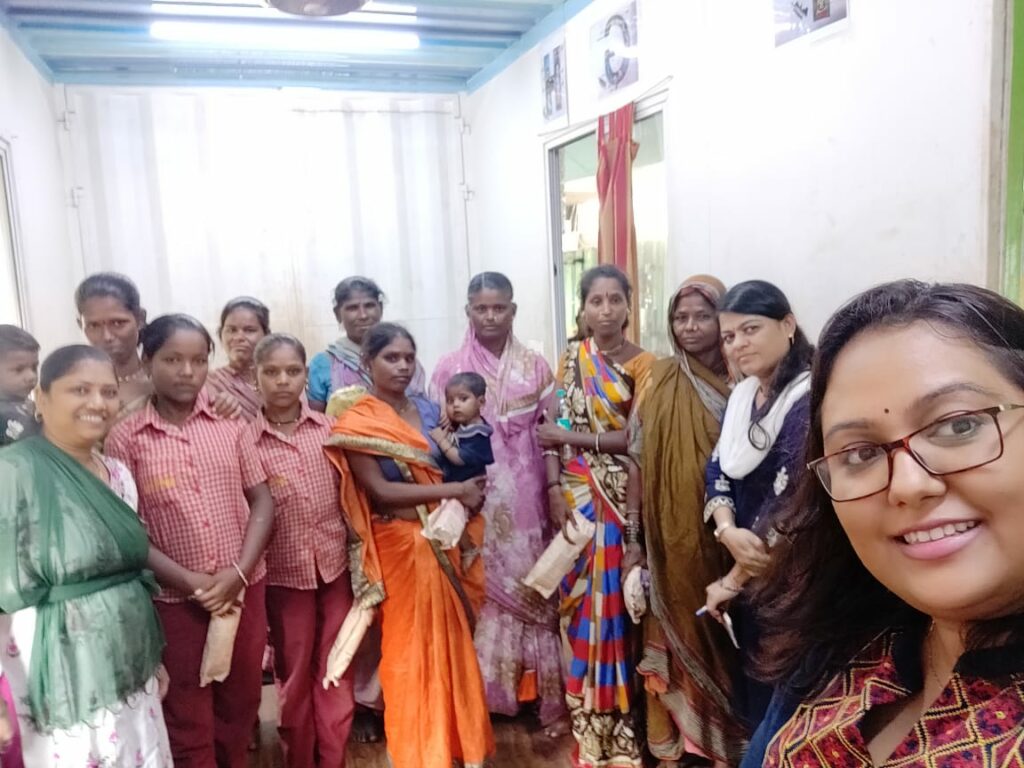

It is not easy to transform containers into schools, build science labs, special academic departments, as well as feed and teach so many students. In the past they have managed to raise about six lakhs but is that enough? No, it isn’t, but Bhatu believes in the power of the three words, ‘I am possible’ which are clustered in one word ‘impossible’.
So next time you pass by a ‘container,’ peep inside; you may find some kids studying intently.
I believe in the power of the three words, ‘I am possible’ which are clustered in one word ‘impossible’
Here is an insight into Signal Shala’s outstanding achievement:
Mohan Kale
Mohan, a 7th standard student hailed from Marathwada, came to Mumbai looking for employment. Despite selling toys and umbrellas at the Teen Hath Naka traffic signal, he always kept his dream of pursuing further studies alive. Thanks to Signal Shala, which he joined in 2016, he obtained a diploma in Electrical Engineering and is now employed with Eureka Forbes. Mohan attributes his success to the Signal Shala and its teachers who inspired him just like they do, every other student. At times he had to miss classes because the pangs of his family members took priority, but he made up for that by studying through the night. Mohan acquired a 77% in his Board exams!

